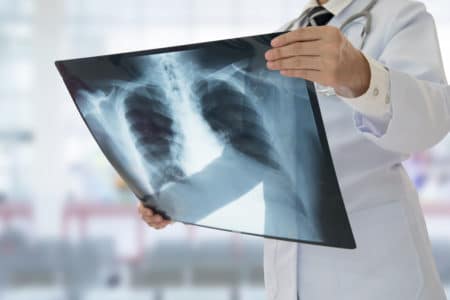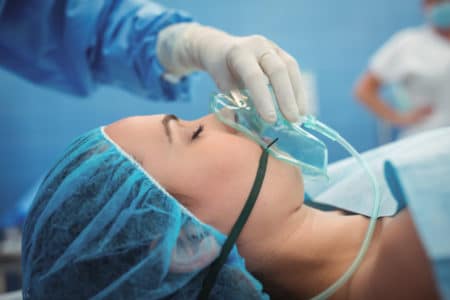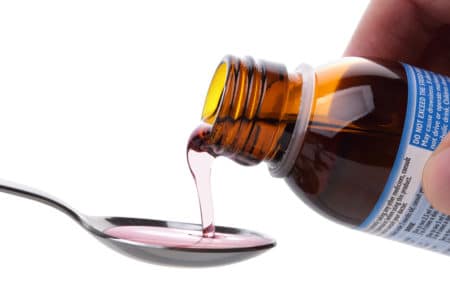Tag: FDA

Abbott Stops Selling Infant Probiotics After FDA Warning
Abbott Laboratories said it will stop selling Similac Probiotic Tri-Blend Infant Formula after the FDA issued a warning about deadly infections.

FDA Issues Infection Warning for 26 Eye Drop Products
The FDA is warning that 26 eye drop products from major manufacturers like Target, Walmart, CVS, and Rugby could cause serious infections.

Babies Can Suffocate on Flat Head Pillows, FDA Warns
The FDA is warning parents that "flat head pillows," also called "head-shaping pillows," should never be used because babies can suffocate.

FDA Bans Products That Help Kids Hide Vapes from Adults
The FDA warned 10 companies to pull products off the market because they are designed to help teenagers hide vaping from adults.

Biaxin Linked to Risk of Death in Heart Disease Patients
The FDA is warning that prescribing the antibiotic Biaxin (clarithromycin) to patients with heart disease because it may increase their risk of heart problems or death that can occur years afterward.

Chemo Anti-Nausea Drug Varubi Linked to Anaphylaxis
The FDA is warning about severe hypersensitivity reactions in chemotherapy patients who received injections of the anti-nausea drug Varubi (rolapitant).

FDA Urges “Child Size” X-Ray Radiation Doses
Most people get an X-ray at some point in their lives — but children who get too much radiation in X-rays may face a higher risk of cancer.

Deadly Lung Collapses Linked to Feeding Tube Systems
The FDA is warning about the risk of deadly lung collapses (pneumothorax events) from feeding tube placement procedures.

FDA Restricts Codeine Cough-and-Cold Drugs to Adults Only
The FDA is warning that cough-and-cold medications that contain opioids like codeine or hydrocodone should not be prescribed to children because the risk of side effects outweighs the benefits.

FDA Warns Against Eating Too Much Black Licorice
The FDA warned that eating more than 2 ounces (approximately 4 tablespoons) of black licorice every day for at least 2 weeks could lead to heart rhythm problems in adults over 40 years old

